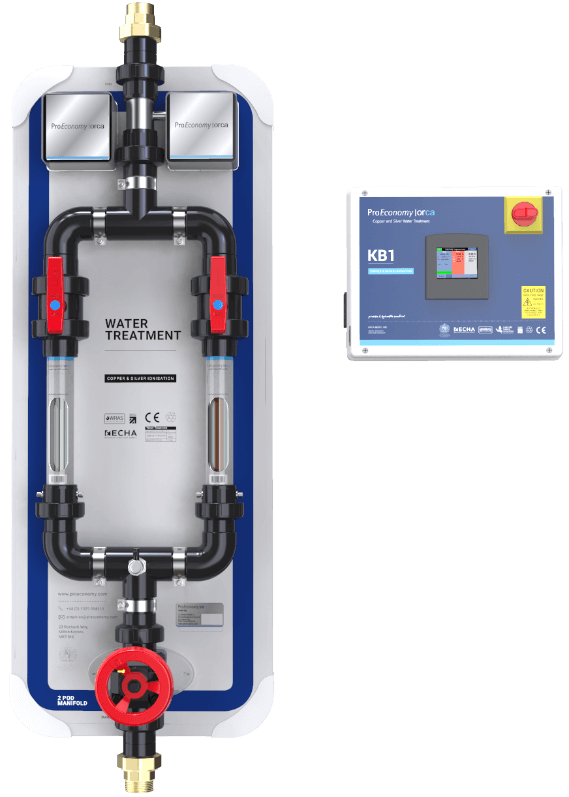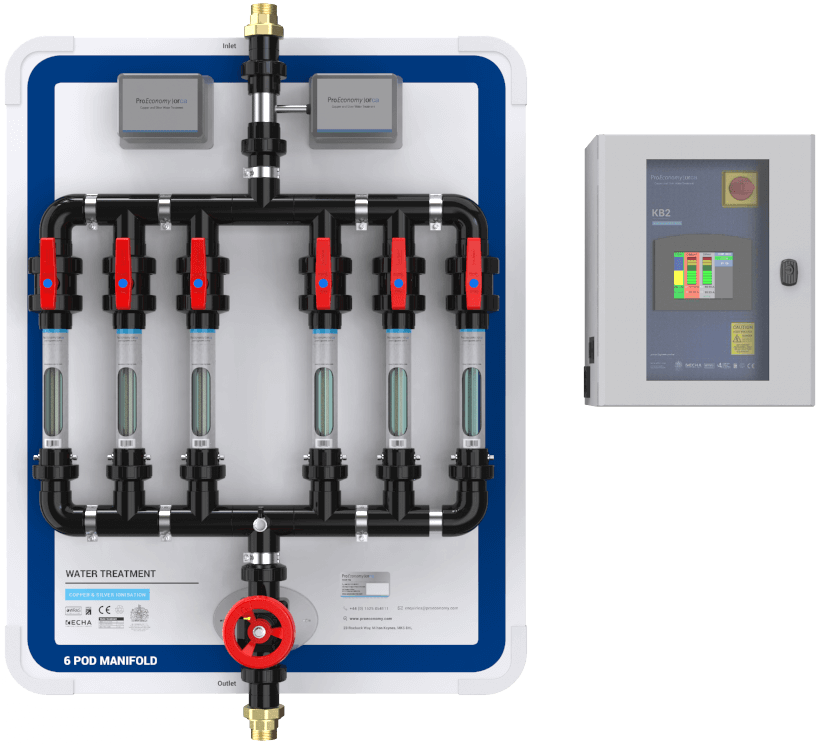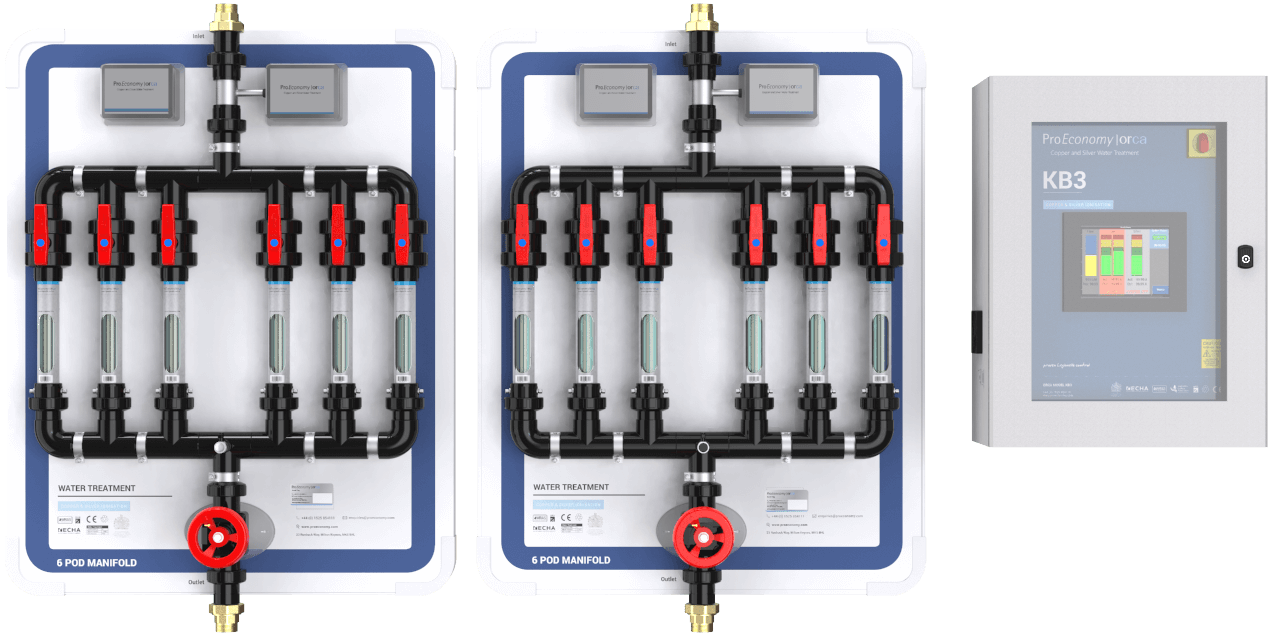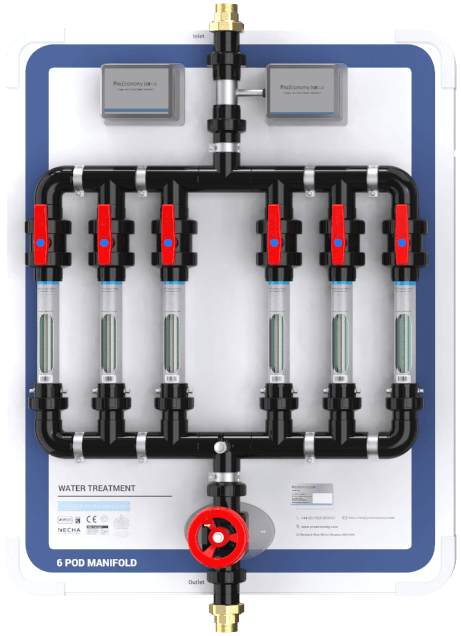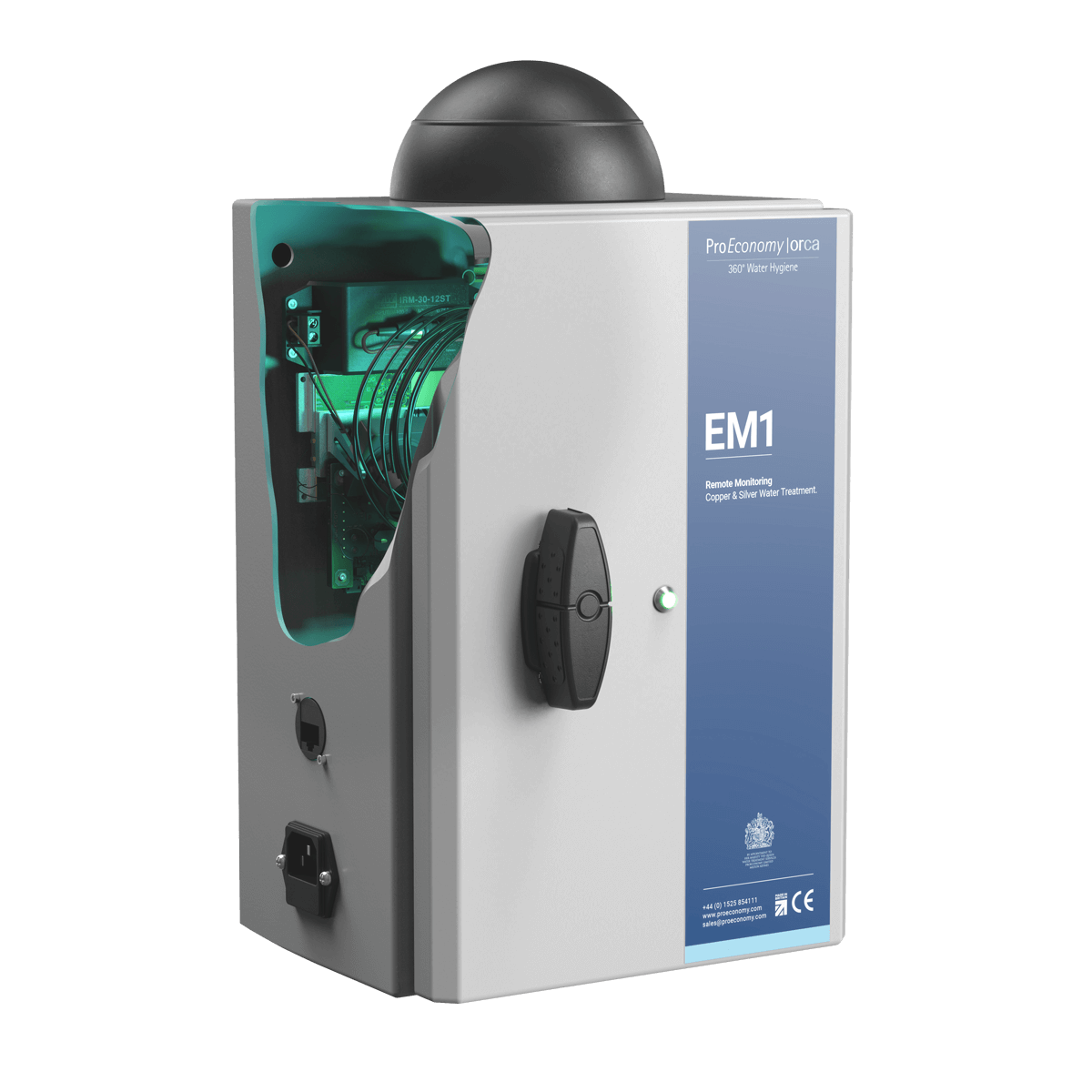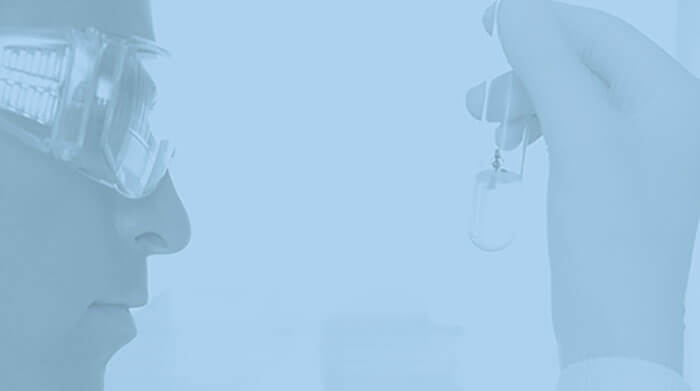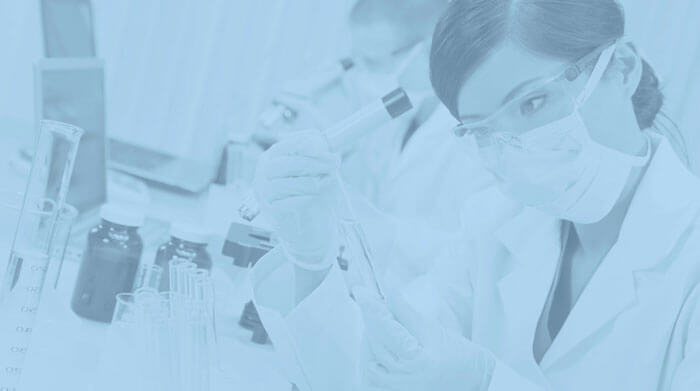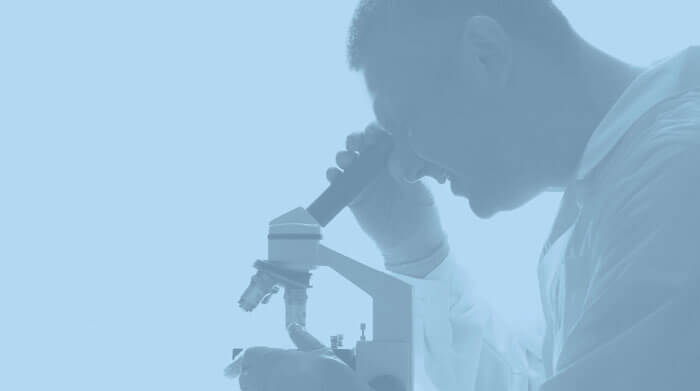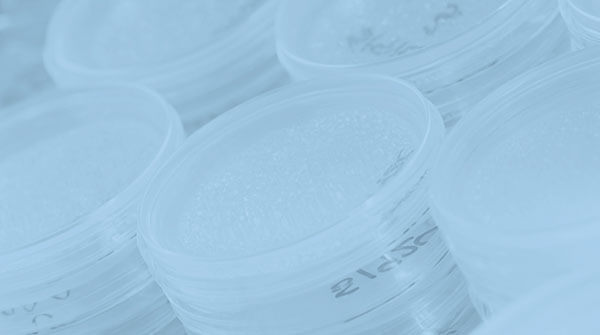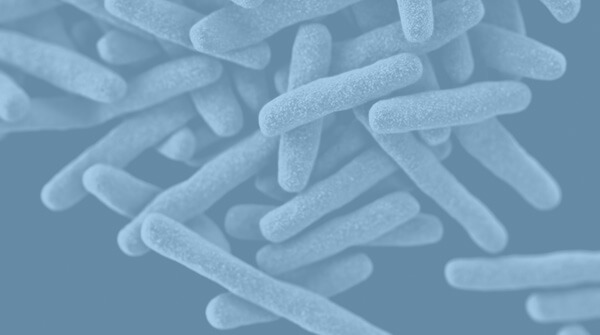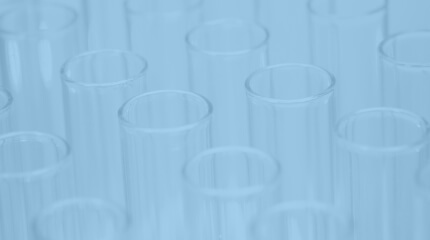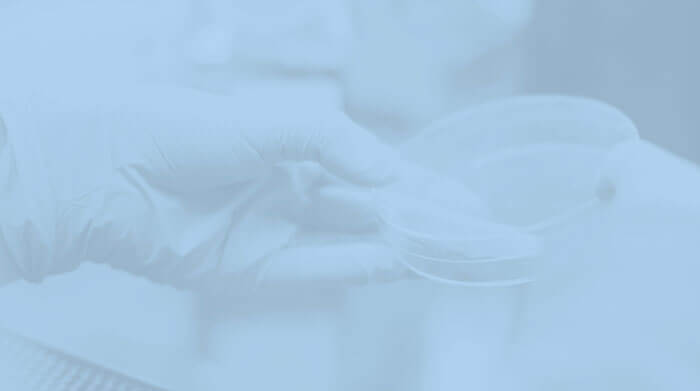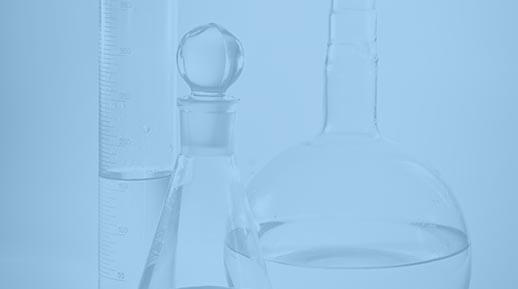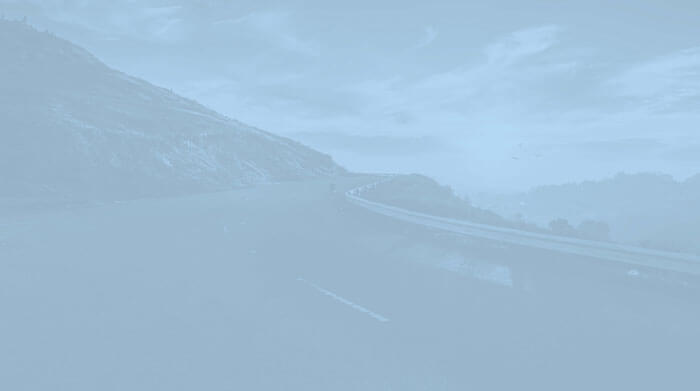Chemical Water Treatment Methods
Although a popular method of Legionella control, chemical water treatment can cause health hazards to humans and the environment. Unlike other chemical water treatment methods, copper silver ionisation has no COSHH issues and is safe to use.
You can find out more about the different chemical water treatment methods below. Alternatively, contact our team if you have any questions.
Copper Silver Ionisation
Copper silver ionisation is a a relatively new method of water treatment. Despite this, we have built up a substantial data bank over the past 25 years proving the efficacy of copper and silver ionisation.
Our copper silver ionisation system is known by its trade name, The Orca and is installed in over 200 sites worldwide. With great residual effect, the ability to complement temperature control, WRAS approval and no COSHH issues, copper silver ionisation is an advanced water treatment method that surpasses other water treatment methods to offer safety and compliance as well as proven Legionella control.
Chlorine Dioxide Water Treatment
The UK Drinking Water Inspectorate prescribe that a level of 0.5mg/L of chlorine dioxide should not be exceeded. Studies on models indicate that concentrations of between 0.3 and 0.5mg/L can control Legionella. However, maintaining this level in hospital water systems difficult as the chlorine dioxide will decompose to chlorite and chlorate, and decays over distance and at elevated temperatures (Sidari et al. 2004).
Chlorite and chlorate are not only toxic but also less active than chlorine dioxide against Legionella, and are inactive against protozoa and biofilm.
There are health hazards to humans and environmental concerns associated with chlorine dioxide, and to this effect the UK Health Protection Agency has produced a guide on how to deal with chlorine dioxide incidents.
Oxidising Chemicals
Oxidising chemicals, such as chlorine and chlorine dioxide have some effect on biofilm. However, it decays over distance and at elevated temperatures. This means that they will have limited penetration of established biofilms, particularly in large systems, (Sidari et al. 2004).
Oxidising chemicals can also enhance the formation of easily biodegradable organic substances. These can be used by bacteria as an energy source, thus actually promoting biofilm formation (Lund and Ormerod, 1995).
Intermittent shock injection of chlorine
Intermittent shock injection of chlorine into the water, to achieve 20 to 50 mg/L of chlorine throughout the system, can be effective in the short term. However, bacterial re-colonisation often occurs after disinfectant levels decrease (Lin et al. 1998).
Unfortunately, protozoan cysts of species such as amoeba that harbour Legionella survive free chlorine levels of 50mg/L (Kilvington & Price 1990). Chlorine also reacts with organic materials and accelerates the production of trihalomethanes (THMs), carcinogens, which are the only regulated disinfection by-product in the UK. It is the law that the sum of four THMs does not exceed 100 μg/L (Bougeard et al. 2010).
